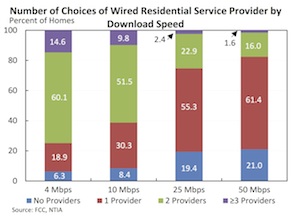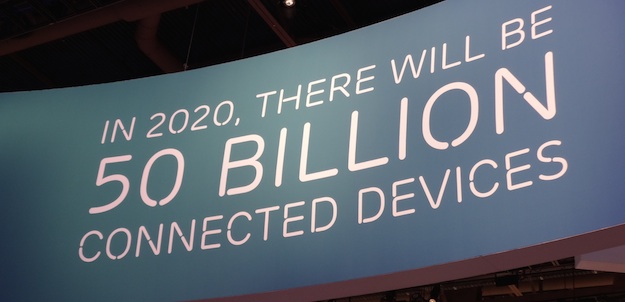Obama endorses community broadband, tells agencies to support it

Click for the full report.
U.S. president Barack Obama plans to use his bully pulpit today to help advance the cause of community broadband. Yesterday afternoon, the white house released a 5 point program to boost local broadband speeds and “support economic growth”, including…
- Ending state laws that “harm broadband service competition”.
- Focusing on local leaders, including holding a local broadband summit at the white house in June.
- Tasking the commerce department with providing technical assistance to local communities that want to develop broadband systems.






